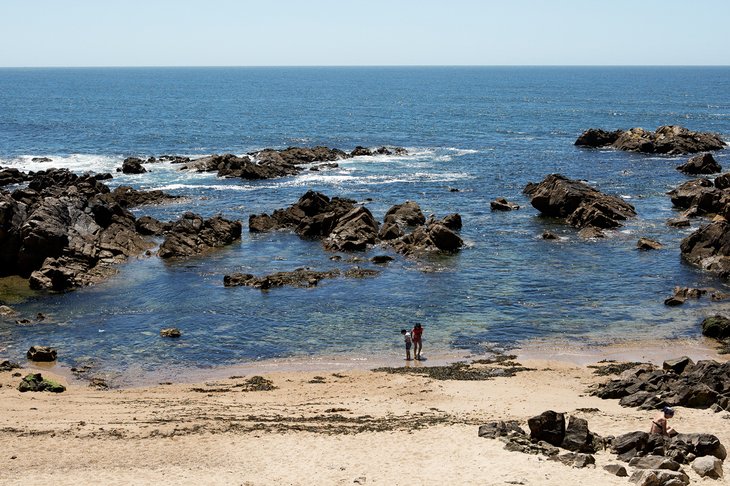Porto joins the debate on the blue economy at the World Ocean Summit
Article

Porto.
What is the role of cities in the growth of the blue economy? What are the needs to promote sustainable economic development and maximise the sector's potential? Where are the opportunities for coastal budget development? The vice-mayor of the Porto City Council sought to contribute to answering these questions at the World Ocean Summit, which takes place in Lisbon for three days.
Filipe Araújo, who also takes over the Environment and Climate Transition, participated in a panel on Tuesday morning on “Development of the ocean as an economic engine of a city” alongside Ana Majo Crespo, responsible for the blue economy in the City of Barcelona, the mayor of Dubrovnik, Mato Frankovic, and Oriana Romana, who leads the water management and circular economy unit of the Centre for Entrepreneurship, SMEs, Cities and Regions of the Organization for Economic Cooperation and Development.
It is recalled that the Blue Economy was defined as one of the structuring projects for the implementation of Pulsar, the economic development strategy of Porto and the region, which has a potential direct investment budgeted at approximately 600 million euros, divided by the Municipality of Porto and the funds of the Recovery and Resilience Plan and NextGeneration EU.
The World Ocean Summit is a global event that brings together the ocean community, from entrepreneurs and investors to governments, national and international policymakers, whether protagonists of civil society or academia, among more than 180 speakers and more than 1500 participants from around the world.
The initiative, from the British newspaper The Economist, seeks to “inspire bold thinking and new partnerships, and unleash effective action to develop a sustainable ocean economy”. The goal, the publication assumes, is “to change the way business is done in the ocean”.
This year's edition, the tenth, puts the spotlight on the “biggest challenges facing the ocean: climate change, biodiversity loss, and pollution”. “We remain focused on the maritime industries, including shipping, fisheries, aquaculture, energy, and tourism, and this year the agenda will feature sessions to leverage synergies and encourage cross-sectoral engagement”, the organization adds.
Amina J. Mohammed, Deputy Secretary-General of the United Nations, Angela Paolini Ellard, Deputy Director-General of the World Labour Organization, or Executive Secretary of UNESCO's Intergovernmental Oceanographic Commission, Vladimir Ryabinin are among other speakers invited.